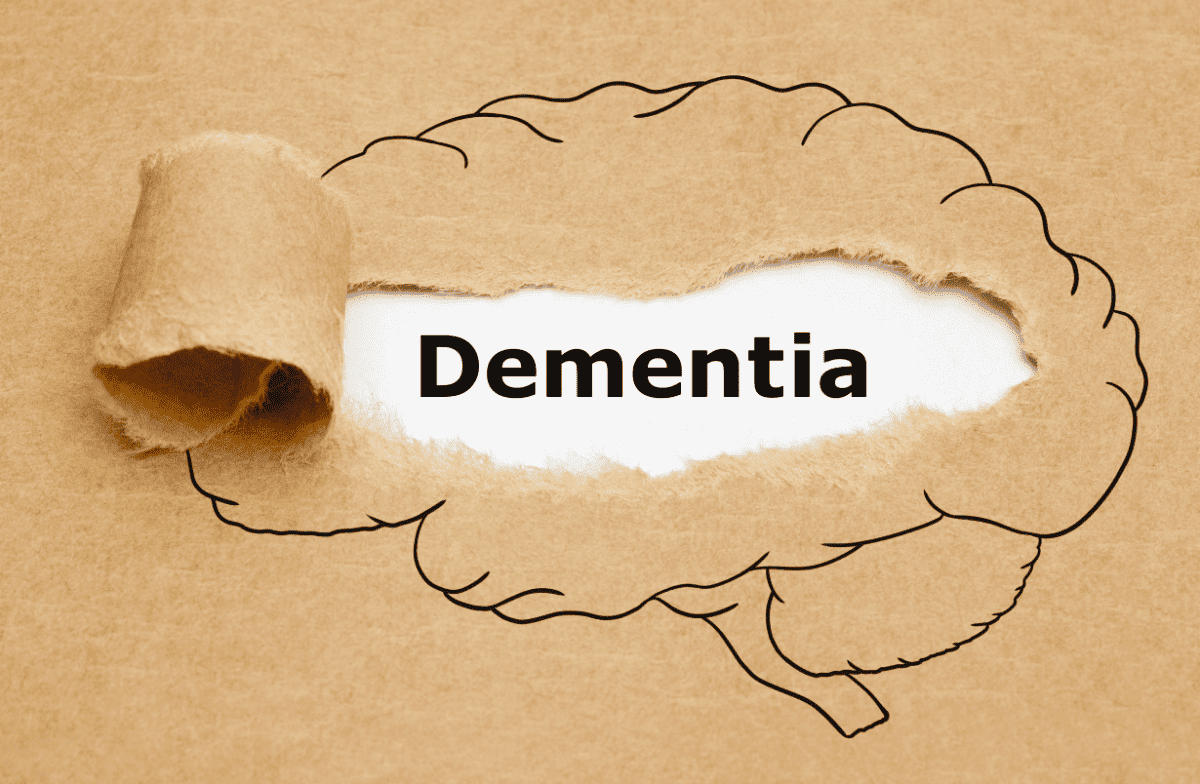Dementia refers to a symptom that happens when cognitive function decreases. These symptoms usually include problems with memory, thinking, and daily tasks. It’s not a specific sickness, but a term for a group of conditions that make it hard to think or remember clearly. These occasional memory lapses become more frequent, causing you to feel anxious and concerned.
According to the Alzheimer’s Society, there are ways and signs dementia is getting worse. It can be difficult to know when a person with dementia is nearing the end of their life. In spite of the fact that dementia is a life-limiting condition, it’s still very difficult to know how long someone with dementia will live.
In this discussion, we will explore the stages of dementia and how it progresses. From the early stages of mild cognitive impairment to the advanced stages of severe dementia, understanding this progression is essential for providing the necessary care.

Mild Cognitive Impairment (MCI)
Mild cognitive impairment (MCI) is a condition characterized by noticeable cognitive decline that isn’t severe enough to interfere significantly with daily functioning. If you or a loved one has been diagnosed with MCI, it’s essential to understand what this means and how it can impact your life. MCI is often seen as a transitional stage between normal aging and dementia. While memory loss is a common symptom, individuals with MCI may also experience difficulties with language, attention, and problem-solving.
It is important to note that not everyone with MCI will progress to dementia. In fact, studies suggest that some individuals with MCI may remain stable or even improve over time. However, there’s still a higher risk of developing dementia compared to those without MCI. The exact cause of MCI is still unknown, but it’s believed to be related to various factors, including genetic predisposition, lifestyle choices, and medical conditions such as high blood pressure and diabetes.
If you have been diagnosed with MCI, it’s very important to take steps to maintain your brain health. Engaging in regular physical exercise, following a balanced diet, staying mentally and socially active, and managing chronic conditions can all contribute to preserving cognitive function. Staying vigilant about any changes in your cognitive abilities and seeking regular medical check-ups can help monitor the progression of MCI and inform appropriate interventions if needed.
Early Stage Dementia
If you or a loved one has been diagnosed with early-stage dementia, it’s essential to understand the changes that may occur and how to navigate this new phase of life.
Early-stage dementia, also known as mild dementia or stage 1 dementia, is the beginning of the progressive decline of cognitive abilities. During this stage, individuals may experience memory lapses, difficulty finding the right words, and trouble with problem-solving and decision-making. These changes may be subtle and easily dismissed as normal signs of aging.
It’s crucial to monitor and document any changes, as early detection can help in managing symptoms and planning for the future. It’s recommended to establish a support system, including family members, friends, and healthcare professionals, who can provide assistance and guidance throughout this journey.
Engaging in brain-stimulating activities, maintaining a healthy lifestyle, and seeking professional help for cognitive assessments and treatments are also vital in managing early-stage dementia.
Moderate Stage Dementia
As dementia progresses from the early stage, you enter the moderate stage, where the decline in cognitive abilities becomes more pronounced. In this stage, you’ll experience a significant increase in memory loss and confusion.
You may struggle to remember important details about yourself and your loved ones. Complex tasks such as managing finances or using technology have become increasingly challenging. You may also have difficulty with language, finding it hard to express yourself or understand what others are saying.
You may even begin to encounter problems with spatial awareness, making it harder to navigate familiar places or judge distances. Changes in behavior and personality are also common during this stage. You may become more irritable, agitated, or withdrawn. Sleep disturbances and wandering tendencies can possibly occur.
It’s important to have a strong support system in place during this stage, as you’ll require assistance with daily activities and personal care. Regular medical check-ups and monitoring are crucial to ensuring your physical and mental well-being.
Advanced Stage Dementia
In the advanced stage of dementia, the decline in cognitive abilities reaches its most severe point. At this stage, you may experience significant memory loss and struggle to recognize familiar faces, including your loved ones. Communication becomes extremely difficult as finding the right words becomes a challenge. You may begin to rely on non-verbal cues, such as gestures or facial expressions, to express your needs and emotions.
Your motor skills also deteriorate, making it difficult to perform everyday tasks like dressing or eating independently. As the disease progresses, you may require assistance with basic activities of daily living, such as bathing and using the toilet. Behavioral changes such as agitation, aggression, or wandering are also common in this stage. Sleep disturbances will become more frequent, leading to increased confusion and fatigue.
During this stage, many families consider professional assistance to ensure their loved one receives proper care in a familiar environment. Dementia home care services can provide the specialized support needed to help manage symptoms, maintain safety, and improve quality of life. These services are especially valuable for individuals who prefer to stay in their own homes rather than move into assisted living or care facilities.
The advanced stage of dementia is a challenging and overwhelming time, not only for you but also for your caregivers. It’s important to have a strong support system in place to ensure your comfort and well-being.

Severe Dementia
The progression of dementia ultimately leads to the severe stage, where cognitive decline is at its most advanced. At this point, you may experience a significant deterioration in your memory, making it difficult to recognize loved ones or recall important life events.
Your ability to communicate effectively may also be severely impaired; you may struggle to find the right words or understand what others are saying. Tasks that once came easily to you, such as dressing or eating, may now require assistance as your motor skills decline.
In severe dementia, you may also exhibit challenging behaviors such as agitation, aggression, or wandering. Your personality may change dramatically, and you may become more withdrawn or unresponsive. You may also have difficulty with basic bodily functions such as toileting or swallowing, necessitating round-the-clock care.
It’s important to have a strong support system in place during this stage, as the challenges of severe dementia can be overwhelming for both you and your loved ones.
Final Words on Understanding The Stages of Dementia
As dementia progresses, individuals go through various stages, starting with mild cognitive impairment (MCI) and ending with severe dementia. In the early stages, memory loss may be mild, but as the disease advances, cognitive decline becomes more pronounced.
Daily tasks become increasingly challenging, and individuals may require assistance with basic activities. In the advanced stages, communication and motor skills are severely affected, leading to a significant decline in quality of life. It’s important to understand these stages to provide appropriate care and support to individuals with dementia.


